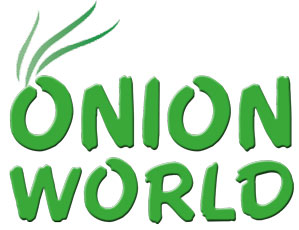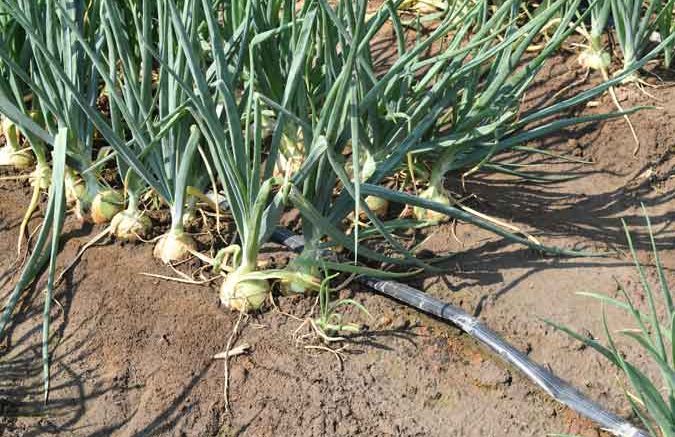|
Click to listen to this article
|
University of Georgia (UGA) researchers have identified a new species of bacteria, which they have named Pseudomonas alliivorans — from “allium vorans,” which translates as onion devourer or eater.
As part of a multistate, four-year project, UGA Cooperative Extension vegetable disease specialist Bhabesh Dutta and his team surveyed onions at every stage of production, from seedling to mature bulb and all the way to storage, to understand what diseases are present, how they manifest and what can be done to prevent them.
The researchers found bacteria during the onion seedling stage that looked just like the type that causes bacterial streak and bulb rot, known as Pseudomonas viridiflava. However, when they analyzed the DNA of these bacteria, they were surprised to see that they were not the familiar bacteria, or indeed any known bacteria, but a new species.
“Onions represent a $150 million industry in Georgia, and every year 2-4 percent of the profits can potentially be lost to bacterial diseases that affect onions,” said Dutta. This work was supported in part by a Specialty Crop Research Initiative award from USDA’s National Institute of Food and Agriculture.
For more information, read this UGA CAES Newswire article.


